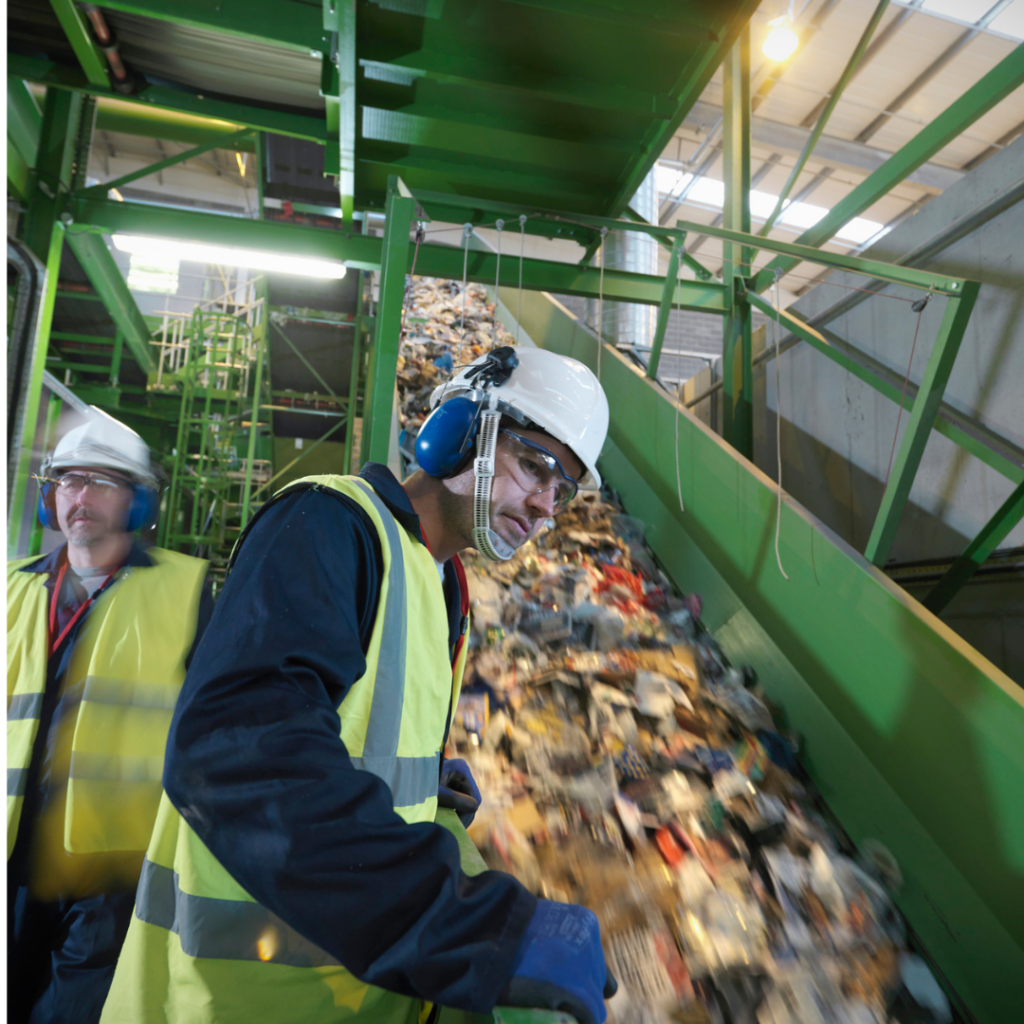In a world where environmental consciousness is paramount, companies that prioritize sustainability are paving the way for a greener future. Plastiko Inc. stands out as an example of such a company. Plastiko Inc. offers a range of recycled materials that not only meet the highest quality standards but also contribute significantly to reducing the environmental impact for their customers.
There are a variety of challenges and impacts that must be faced when using recycled material such as availability, quality, reliability of recycled materials, and a need to influence corporate decision makers to incorporate them into manufacturing processes. Here are some key challenges associated with sourcing recycled materials that Plastiko Inc. will help you overcome:
Inconsistent Supply:
Challenge: The availability of high-quality recycled materials may be inconsistent and subject to fluctuations in recycling rates, consumer behavior, and recycling infrastructure.
Impact: Manufacturers may face challenges in securing a stable and reliable supply of recycled materials, making it difficult to integrate them consistently into their production processes.
Contamination and Quality Issues:
Challenge: Recycled materials often contain impurities or contaminants from the original products, reducing their quality and limiting their applications.
Impact: Manufacturers may encounter difficulties in ensuring that the recycled materials meet the required quality standards, affecting the performance and characteristics of the final products.
Limited Material Variety:
Challenge: The range of recycled materials available may be limited, particularly in certain regions or industries.
Impact: Manufacturers seeking specific properties in their materials may face challenges if suitable recycled alternatives are not readily available, potentially limiting the scope of applications.
Competing Demand:
Challenge: There may be competition for recycled materials among different industries, leading to increased demand and potential shortages.
Impact: Manufacturers may face challenges in securing an adequate supply of recycled materials at competitive prices, especially if demand from other sectors is high.
Supply Chain Complexity:
Challenge: The supply chain for recycled materials can be complex, involving various stakeholders such as recyclers, collectors, and processors.
Impact: Managing a complex supply chain introduces challenges related to coordination, communication, and logistics, potentially leading to delays or disruptions in the availability of recycled materials.
Cost Considerations:
Challenge: While using recycled materials aligns with sustainability goals, the cost of collecting, sorting, and processing recycled materials can be higher than using virgin materials.
Impact: Manufacturers may face increased production costs when sourcing recycled materials, and the economic viability of incorporating recycled content into products may be a consideration.
Regulatory and Certification Requirements:
Challenge: Compliance with regulatory standards and certifications for recycled materials can be complex and vary across regions.
Impact: Manufacturers may need to invest in understanding and meeting these standards, potentially adding to the complexity and cost of incorporating recycled materials into their products.
Education and Awareness:
Challenge: Lack of awareness or understanding about the benefits and processes of using recycled materials may hinder their adoption.
Impact: Manufacturers may need to invest in educational efforts to inform suppliers, consumers, and other stakeholders about the advantages of recycled materials and how they can be responsibly sourced and utilized.
Addressing these challenges requires a collaborative effort across the supply chain, involving recyclers, manufacturers, policymakers, and consumers. Yet, you will find that purchasing recycled materials from Plastiko Inc. is a win-win situation as we have the experience and resources to assist plastic molders to overcome these challenges…proving that eco-friendly choices can indeed be synonymous with quality and innovation. To learn more visit: https://plastikoinc.com/contact/ or call us: 314-558-6700.






